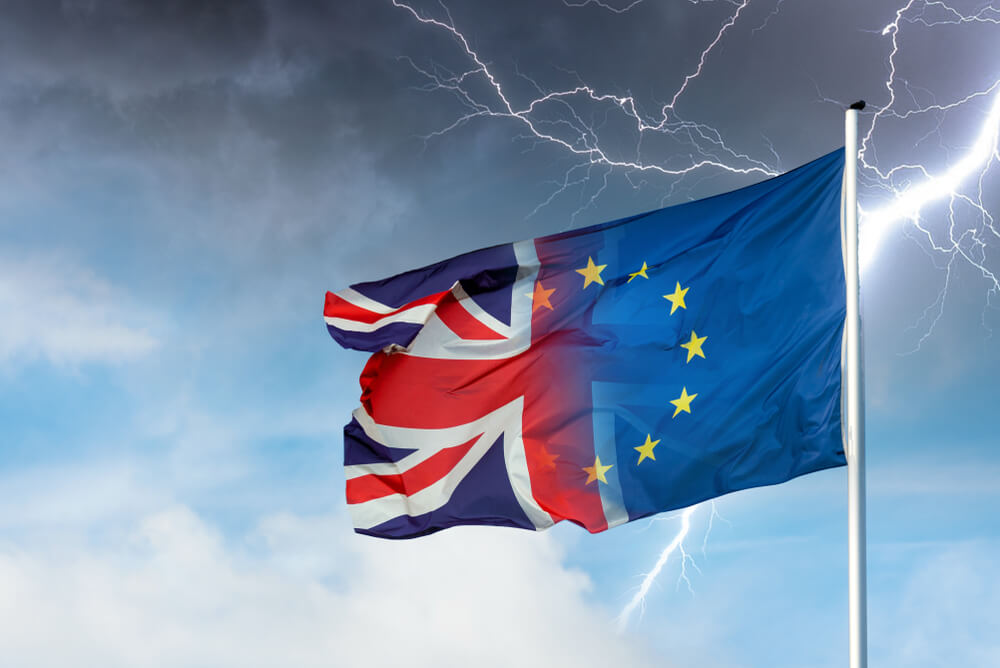Britain’s former ambassador to the European Union has called Prime Minister Theresa May’s blueprint for Brexit a “pipe dream” that has no chance of being accepted by the bloc.
As May prepared to update key Cabinet ministers on progress toward a deal, Ivan Rogers said that, more than two years after voting to leave the EU, Britain is “on fantasy island” about what kind of divorce agreement is possible.
Rogers, who quit his post last year, said both May’s plan, which would keep Britain in the EU single market for goods, and rival Boris Johnson’s vision of a looser free-trade deal have “precisely zero” chance of being accepted by the bloc.
“Nearly two and a half years on from the (EU membership) referendum, we are, both on the EU deal and on other post-Brexit trade deals, still lost in campaign mode on fantasy island,” Rogers said in a highly critical speech Wednesday in Cambridge.
“But the time for these fantasies is long past.”
Britain is leaving the EU on March 29 and the possibility of there being no deal on trade and future relations is worrying businesses and politicians.
The EU says there needs to be major progress at a summit in Brussels next week if the two sides are to strike a divorce deal before Brexit day.
The main sticking point is finding a way to maintain an invisible border between the U.K.’s Northern Ireland and EU member Ireland. Britain rejects the EU’s proposed solution — to keep Northern Ireland inside the bloc’s single market and customs union after the rest of the U.K. leaves — because it would create new barriers between Northern Ireland and the rest of the U.K.
The EU has asked for a counter-proposal from Britain. But May’s room for compromise is limited because her minority government is propped up by the Democratic Unionist Party, a pro-British party that fiercely opposes any separate status for Northern Ireland.
DUP leader Arlene Foster said Thursday that May and her government “could not in good conscience recommend a deal which places a trade barrier on United Kingdom businesses moving goods from one part of the Kingdom to another.”
May’s Conservative Party is also divided over how close an economic relationship to seek with the EU after Brexit, leaving the prime minister in a precarious position. She has to get any deal agreed with the EU through Parliament, and the numbers aren’t in her favor.
© The Associated Press. All rights reserved.




